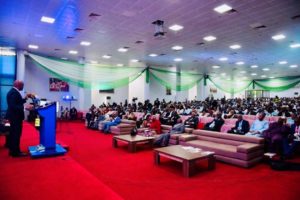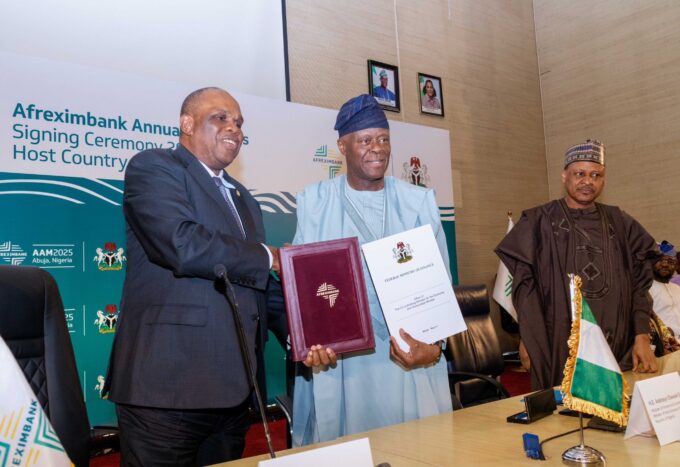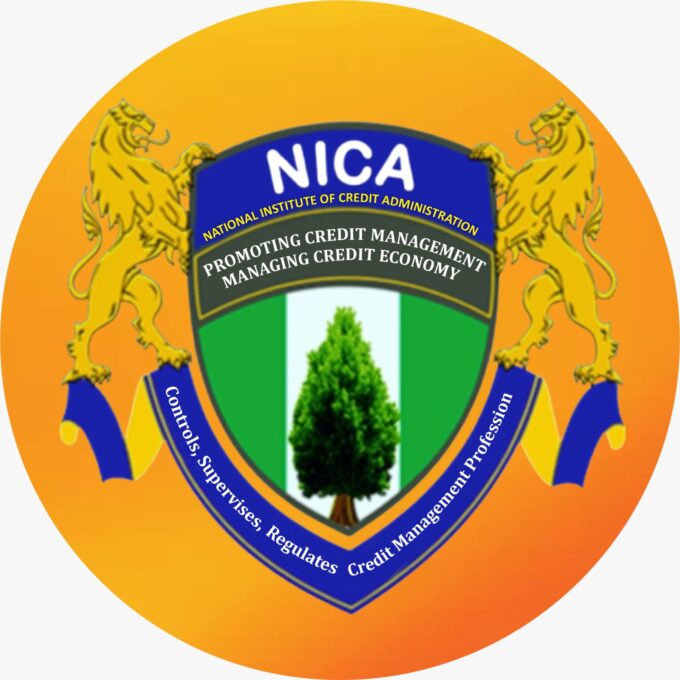April 25, 2019/Heirs Holdings
Abuja, Nigeria – April 24, 2019: Chairman, Heirs Holdings and Founder, Tony Elumelu Foundation, Tony O. Elumelu has called for far reaching Tax reforms and for the National Assembly to urgently pass the Executive Tax bill into law.
Elumelu made this statement as he delivered the keynote address at the 21st Annual Tax Conference of the Chartered Institute of Taxation of Nigeria (CITN), titled, “National Development: Unlocking the Potentials of Taxation”.
Speaking on the challenges that stifle small businesses, Elumelu quoted a young entrepreneur beneficiary of the Tony Elumelu Foundation, “The average business owner in Nigeria is a local government authority on his own because he caters for his own electricity with generators, he builds his own borehole, handles his own waste disposal, and the government can make his life easier by creating favourable tax policies that support SMEs.”
Elumelu also lamented the plight of SMEs at the mercy of the tax system revealing, “The average number of taxes businesses pay in Nigeria is 48, compared to 33 in other Sub-Saharan countries. In Hong Kong, it’s just 3. Multiple taxation remains a significant burden for SMEs and corporates operating in the country.” Elumelu continued: “With a population of close to 200 million people in Nigeria, we have only 75,000 registered SMEs in the country. No one needs to tell us that people are avoiding tax or refusing to be a part of the system,” he said.
With high cost of compliance, complex and costly business registration processes, many SMEs are choosing to remain informal, which in turn results in a low tax base and low tax contribution to GDP. “Nigeria’s tax to GDP ratio is only circa 6%, compared to far smaller populations like Rwanda at 16%. Imagine the economic transformation we can achieve as a country if we can move our Tax to GDP ratio by 10%. We will raise an additional $40billion in government revenue – identical to the sum of our foreign reserves,” Elumelu explained.
But it won’t be easy. Elumelu advised government to educate, inform and raise tax awareness, “Government should drive mass mobilisation of citizens – let citizens know why they need to pay taxes and give them the assurance that their tax will be properly utilised.” In addition he stated that, “government should employ the use of smart tax incentives to attract and incentivise local and foreign investors.”
Elumelu also tasked the country’s ambassadors and embassies with a two year timeline to increase the number of double tax treaties between host countries and Nigeria. “Nigeria has 14 taxation treaties while a country like South Africa has 79 double taxation treaties, and we are the largest economy in Africa. Our embassies should adopt a target in the next two years to sign Tax treaties with our top 100 trading partners in the world.”
Speaking as the leading proponent of entrepreneurship in Africa and an advocate for entrepreneurs, Elumelu charged government to put in place tax systems to encourage SMEs-— the engine for job creation in the economy.
“Until there is a reduction in what SMEs pay as tax, elimination of multiple taxation, abolition of minimum income tax and excess dividend tax, it will be difficult for us to expand the tax base. It will be difficult for us to attract investors into this country, and it will be difficult for us to retain the ones already in the country. It will be difficult for us to mobilise our SMEs to help create employment that we need so much in this country. It will be difficult for us to have the citizens hold leaders accountable.”
In conclusion, he reminded the National Assembly members of their mandate in office, “We must encourage government to pass the Executive Bill immediately. Let’s get the National Assembly to fulfil their obligation to society and pass the bill immediately, so we can start making progress”.
Speaking in response to the presentation, Former President of the Chartered Institute of Taxation in Nigeria, Chief Mark Anthony Dike emphasized the urgency for the Executive Tax bill to be passed into law.
He said: “Every year during the military regime, there was a Finance Miscellaneous Provision Decree aimed at looking at what has happened and review the areas that need to be amended. As they say, the taste of the pudding is in the eating. We may conceptualise, but in order to know the efficacy of a theory, we have to test it. Until the provision of the Executive order is tested, we cannot know how efficacious it will be.”
Also present at the event were Dr. Ikemefuna Nwobodo, President, Chartered Institute of Taxation in Nigeria, Permanent Secretary, Ministry of Finance, Dr. Mahmud Isa-Dutse, Babatunde Fowler, Executive Chairman, Federal Internal Revenue Service, Ayo Subair, Chairman, Lagos Internal Revenue Services, Members of the council of CITN and the Auditor General of the Federation, Mr. Anthony Ayine.














